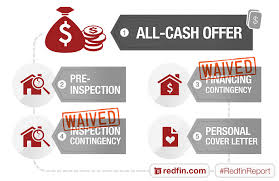As a result of the recent election of Donald J. Trump to the Presidency, the area around Trump Tower in New York City has been subject to greatly increased security, including closures of streets, as well as guards and other restrictions on pedestrian access to the shopping areas around Trump Tower. Of course, this additional security has had a detrimental effect on businesses located in and around Trump Tower.
What legal recourse do these businesses have regarding their leases? This post will discuss the legal issues related to businesses and their leases in situations when access to their properties may be limited.
New York Courts have interpreted commercial leases to incorporate a warranty of habitability for the premises. The warranty of habitability means that the landlord warrants that the property is fit to be used for its intended purpose. For example, if the ceiling collapses at a store, causing the store to be closed, then the landlord is generally responsible for making the necessary repairs. Should access to a portion of the store be limited by damage caused by a fire, or other such event, the tenant may be entitled to a partial rent abatement until full access is restored.
 New York Real Estate Lawyers Blog
New York Real Estate Lawyers Blog












